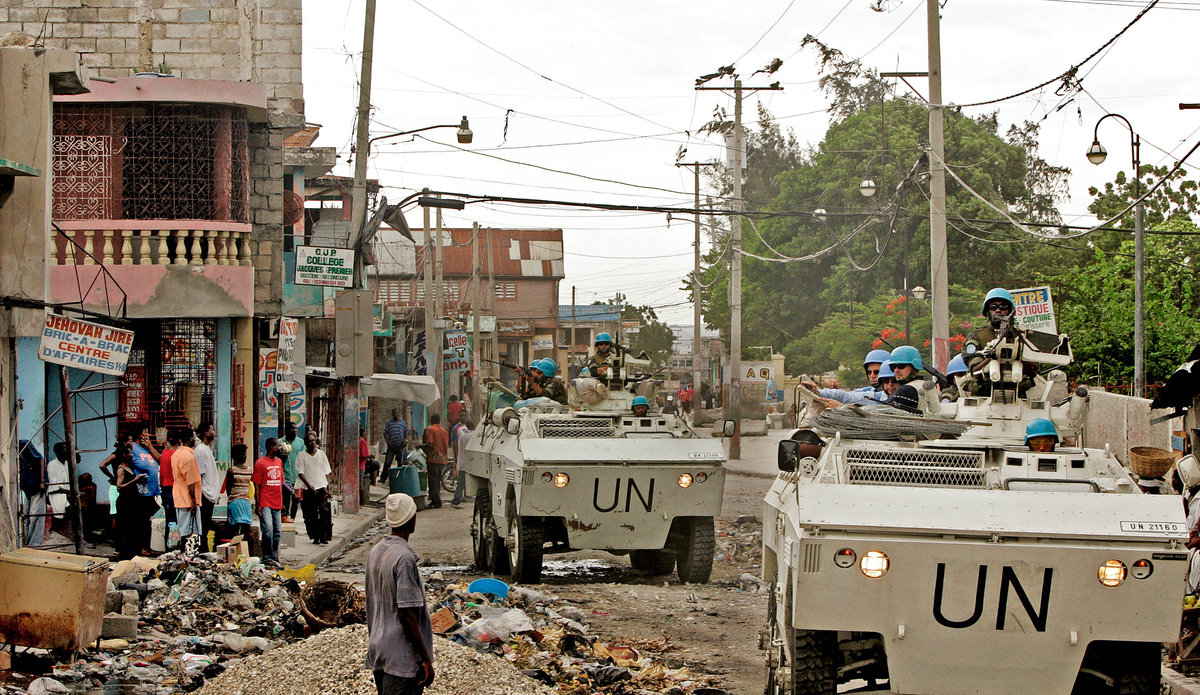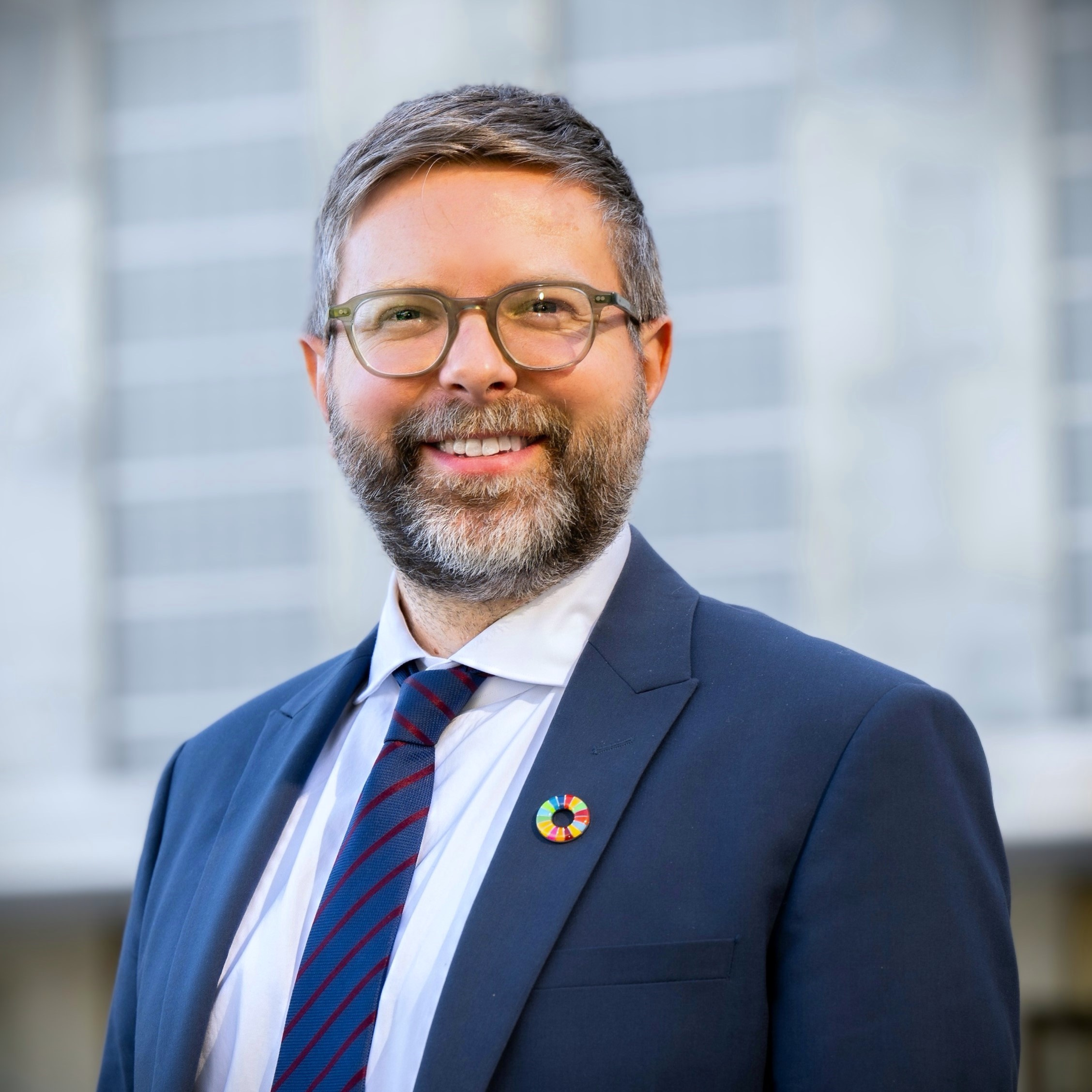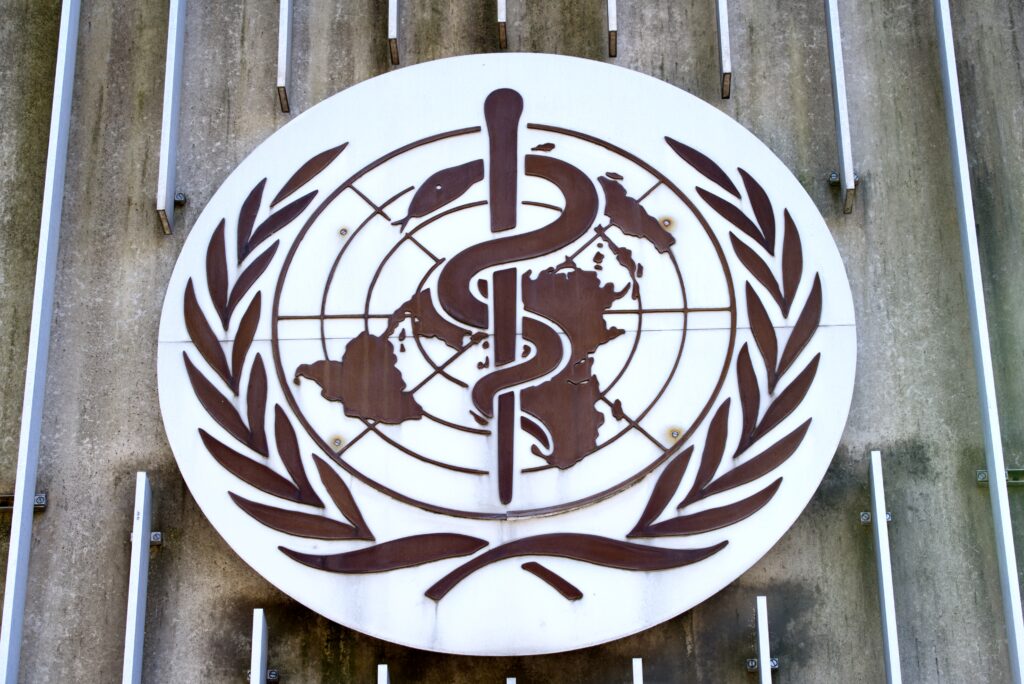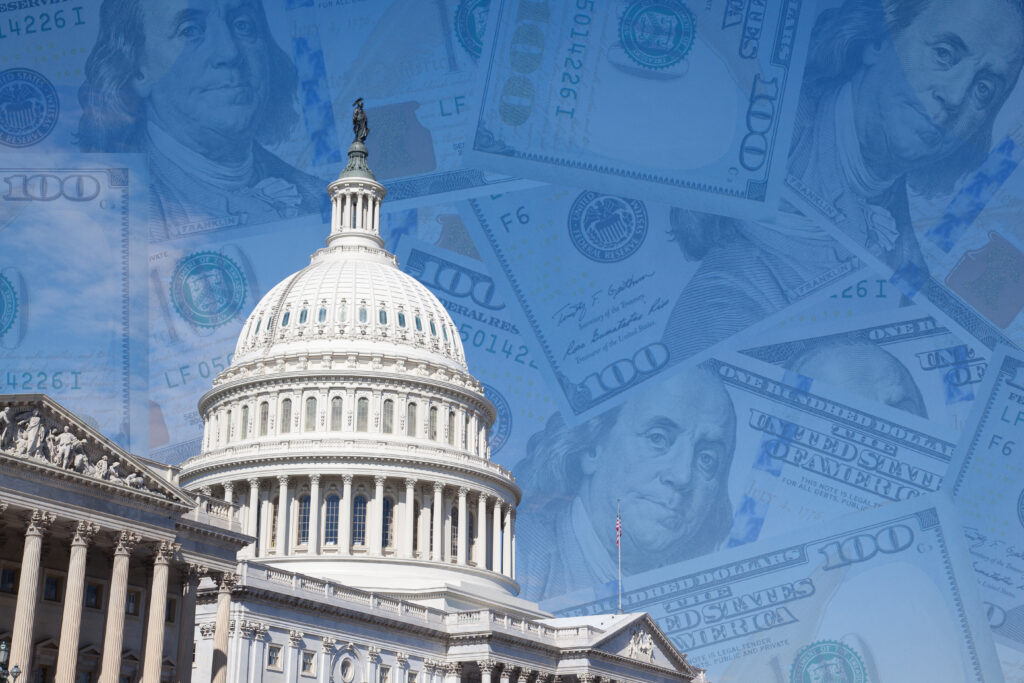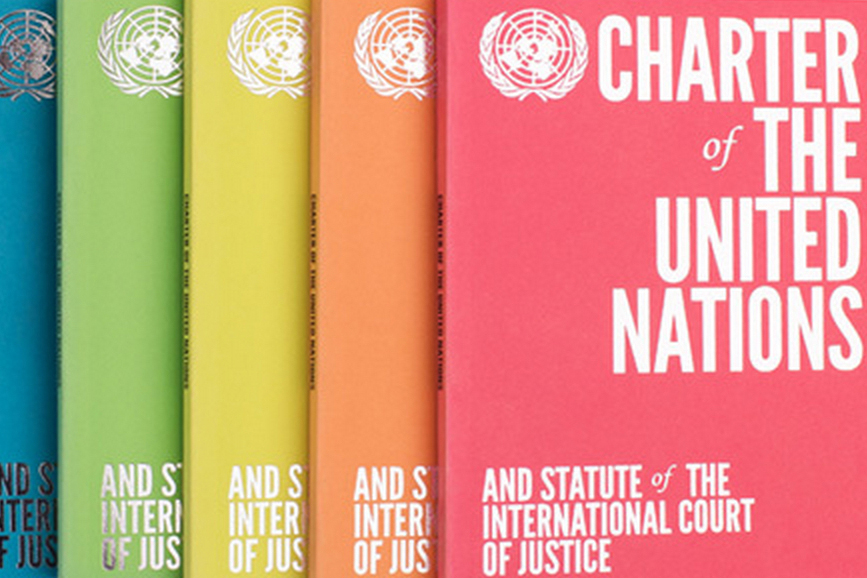UN peacekeeping is at an inflection point. Missions are sending thousands of troops home and scaling back operations as arrears surpass $2 billion. The United States alone owes more than $1.5 billion from underpayments over the past eight years – and this year slashed its promised peacekeeping contribution by half.
The shortfall is troubling enough, but Washington’s shift toward selective funding may foreshadow deeper challenges for the UN system.
From Collective Support to Selective Investment
Last week, the White House agreed to release $680 million in payments to the UN peacekeeping budget. On paper, this is welcome news (albeit just half of what is owed). Critical missions will get a needed infusion of cash; others, too, may see some relief. Yet peacekeeping overall remains woefully underfunded, as was made clear just days ago by the announcement from New York that around 25% of blue helmets would be pulled from the field in coming months due to budget shortfalls.
The conditions matter. For decades, U.S. contributions followed a formula that made funding predictable. When the Security Council authorized a mission – and always with U.S. backing – Member States knew the money would follow. Today, Washington is signaling something different: that dues can be partial, delayed or conditional, and that America will pay only what it chooses.
The danger isn’t just this year’s cut, but the precedent it sets. What began as collective insurance could unravel into a patchwork of à la carte donations – the very model experts have long warned against. A bipartisan U.S. report on UN reform made the point that voluntary arrangements are slow, unreliable and leave U.S. priorities underfunded.
With selective funding, what began as collective insurance could unravel into a patchwork of à la carte donations – the very model experts have long warned against.
The Paradox of Reform
There’s an irony here. Many UN reforms over the past decade, like shared IT systems, joint procurement and consolidated back offices, were championed by Washington. But these kinds of efficiencies only work if the UN is funded as an integrated whole.
Selective funding undermines that premise, as if peacekeeping or humanitarian programs can be sustained in isolation. In reality, they are mutually dependent. A peacekeeper in Lebanon relies on UNICEF education campaigns to reduce extremist recruitment. Disaster response depends on WFP supply chains that also support peacekeepers. Human rights monitors lay the groundwork for agreements that peacekeepers enforce. Increasingly, all of these rely on common systems that ensure consistency and results.
When funding is siloed, the very efficiencies the U.S. demands collapse.
When funding is siloed, the very efficiencies the U.S. demands collapse.
Haiti as a Case Study
The risks are not theoretical. Haiti is a perfect of example of what can happen when America treats UN commitments as optional.
Two years ago, the U.S. backed a Multinational Security Support (MSS) mission to help Haitian police restore order in a country just a few hundred miles from our border and where six million people face acute hunger. American commitments notwithstanding, sufficient funding never materialized, and the mission collapsed.
With the crisis in the Caribbean worsening, the U.S. just secured UN Security Council approval to expand the MSS into a full-fledged Gang Suppression Force (GSF), supported logistically by a new UN office funded through assessed contributions. But troop contributors will not deploy without guaranteed rations, fuel, housing and medical support. Already, China has accused Washington of failing to “fully honor its funding commitments” and abstained on the Security Council vote – joined by Russia and Pakistan.
That’s because this credibility gap matters: if America won’t fully fund a mission in its own neighborhood – one that directly affects U.S. security and migration – why would other countries step up elsewhere?
If America won’t fully fund a mission in its own neighborhood – one that directly affects U.S. security and migration – why would other countries step up elsewhere?
Beyond Peacekeeping
Peacekeeping may be the most visible victim, but the pattern is spreading. Increasingly, U.S. engagement looks like a buffet – funding favored agencies while starving others. That may be politically expedient on Capitol Hill but is neither sustainable nor strategic.
This debate isn’t just about dollars – it’s about direction. A selective, transactional UN may give Washington short-term leverage, but it erodes an institution the U.S. has long depended on as a force multiplier for its global leadership.
The Win-Win Still Exists
There is another way forward. If Washington supports the UN comprehensively, it not only preserves the system’s effectiveness but maximizes its own power. Reliable funding gives the U.S. the credibility to demand reforms, the stability to shape outcomes and the assurance that both allies and adversaries see Washington at the head of the table.
That is the win-win: a UN that works more effectively and a United States that strengthens its ability to lead.
Reliable funding gives the U.S. the credibility to demand reforms, the stability to shape outcomes and the assurance that both allies and adversaries see Washington at the head of the table.
